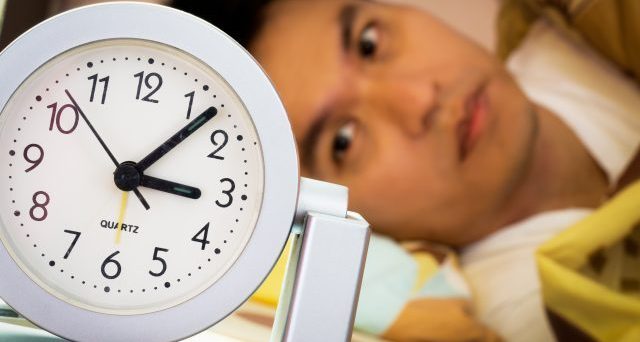Not all people are the same and subsequently, their body does not respond to fatigue at the same way. That means, individuals may become fatigued at different times and to different degrees of severity, under same circumstances.
For example, there are individual characteristics related to circadian rhythms. People can be characterized as morning or evening types depending on the period of the day when they perform at their best. In addition to that, each individual has his/her own chronotype which shows the genetic propensity to sleep and plays a key role in one’s ability to achieve quality sleep.
Sleep is essential to our mental and physical health. In case sleep disorders are being notices, improving our sleep should become a key priority. As such, we may need to track our sleep for a few days to identify any sleep-wake patterns and also measure sleep duration and quality.
We learn better, cope better with stress, and live a longer life when we can follow our body’s natural desire to rise with the sun and sleep with the moon.
Did you know?
- Observe your sleep-wake schedule on free days and compare it to scheduled days
- A genetic component determines if a person is more morning or evening oriented
- Environmental and social factors can lead to a change
- People progressively become more morning oriented
- Eating with a schedule can curb unwanted sleepiness
- Chronotype, the biological tendency for sleeping earlier or later, is largely regulated by the circadian clock
- The discrepancy between work and free days is described as ‘social jetlag’
Different Chronotypes: Are you a Dolphin, Lion, Bear, or Wolf?
Developed by Dr. Michael Breus
Have you ever felt like you’re on a different schedule than everyone around you? Try to understand your inner schedule to sleep well and feel energetic.
#1 Dolphins
- 10% of the population
- Light sleepers
- Tend to wake up at the slightest noise
- What to do: take breaks throughout the day to recharge
- Fall asleep when their body needs to
#2 Lions
- 15% of the population
- Naturally wake up early
- Most alert in the mornings
- What to do: take time for yourself at the end of the day
- Able to complete massive amounts of work before lunch
#3 Bears
- 55% of the population
- Their energy cycle rises and falls with the sun
- Most productive in daylight
- What to do: schedule meetings and make your projects in the morning, try to finish work before late afternoon
- Need of eight hours of sleep
#4 Wolves
- 15% of the population
- Naturally stay up later and sleep later
- Most productive at night
- Two peak periods of work and creativity: around early afternoon and then again late at night
- Going to bed once the clock strikes midnight






































































































































Practice can improve dealing with situations onboard the vessel
practice can improve dealing with situation onboard the vessel
adapts the needs according to the vessel program on board